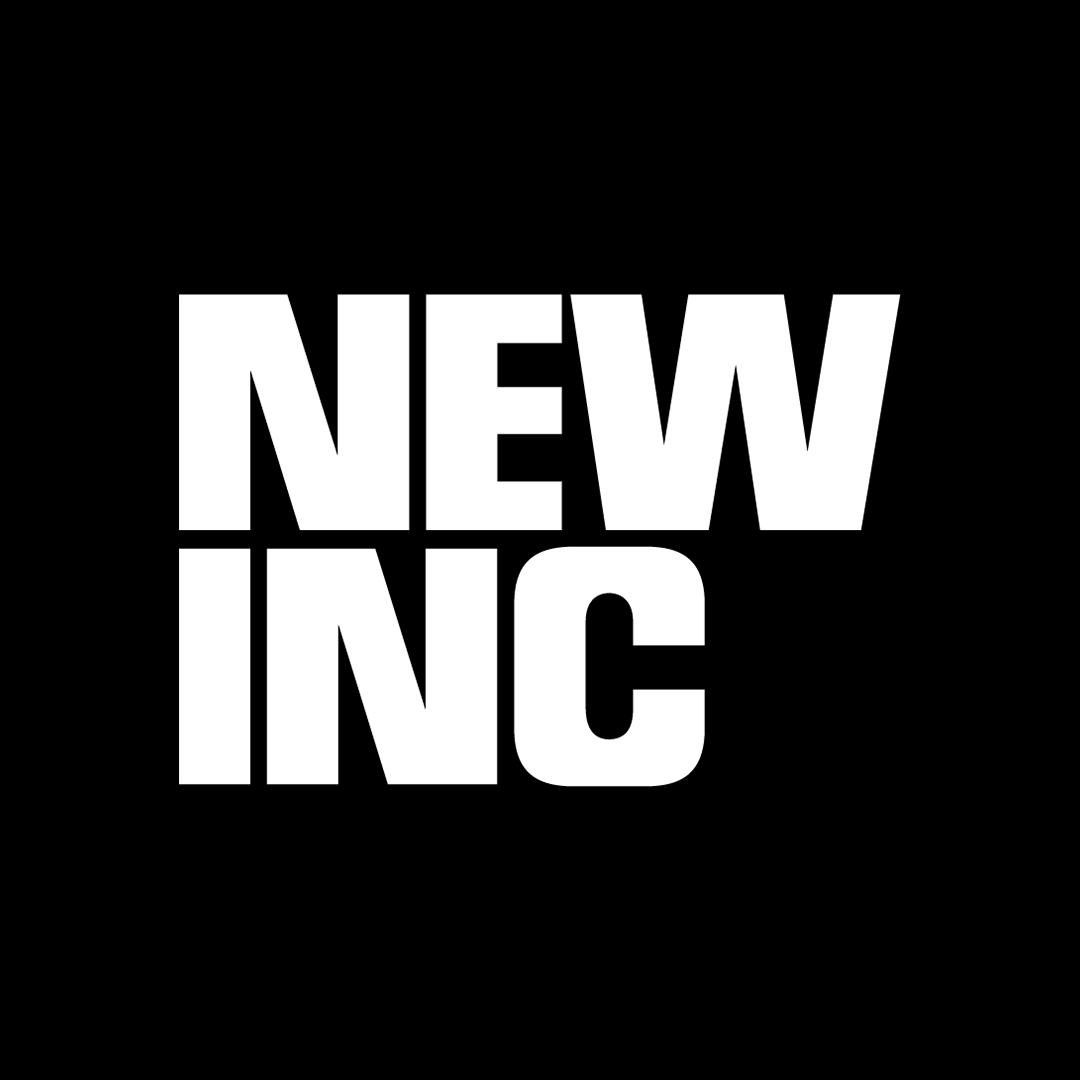Fight the Swipe: The Meatface Campaign
Tindering can be a daunting process. It can feel like personal PR, where you have to agonise over every photo you post — it’s like you’re part of a meat market. Don’t get any matches and you’ll feel like mutton dressed as lamb. Creative marketing agency and NEW INC member Hello Velocity has paired with Siren, a dating app centered on promoting conversation over scrutinizing appearance, to take a stand against the butchers of online dating, with a new campaign: MeatFace.
The Hello Velocity Team
Here’s how it works: you upload your picture to the MeatFace website, and a face detection algorithm will automatically lay a steak-shaped mask over your face. That picture can then be uploaded to Tinder, Twitter, Facebook, or any social media network, along with the hashtag #MoreThanMeat — a means of protest against the the online dating scene.
Hello Velocity have experience with subversive and external promotional campaigns, but previously, these have primarily been done for fake companies they conceived of as absurdist art projects. Kevin Wiesner and Lukas Bentel sat down with us to fill us in on their transition into a subversive marketing agency:
What drove you to make the transition from creating art projects to marketing campaigns?
“If we can be like an experiment or a pilot within a brand that is always trying different things, that is probably a good place for us to be”
Kevin: The work that we were doing on our own as our art practice was tending towards making fake companies and doing marketing campaigns for them, so in terms of just practical transition it was just about swapping out a fake company for a real one. From our perspective, it would be nice if more marketing had some component that wasn’t just about selling the product, so by working with real clients we get to put ourselves into the position of making the ad landscape more interesting and slightly less devoid of all life.
Lukas: I think also a lot of the other things we were making didn’t really have as much of a substantial backing in terms of their reality, and it is kinda fun to work with people who have a real substantial product and are actually doing some really interesting things with their products. I think Siren, the dating app, does actually do quite a good job of gauging their users in a really non-standard way.
Kevin: We were always doing these campaigns on a really small time-scale. Working with an actual brand lets us pair what we want to do in terms of the publicity with something that has lifespan, which is cool.
Why did you feel Siren was the right partner for you to make that transition with?
Lukas: One, they were willing to go out on a weird limb. Since we’ve started taking on clients we’ve been doing other fairly standard graphic design branding work for various companies but none of them have been willing to really try something different. They all seem to err on the side of caution—whereas Siren, I think because they are a small group, and are trying to do something a little different, were willing to throw something out there that might fall flat.
Kevin: A lot of the reason why it worked was because they are of a temperament such that we could meet them through that kind of channel.
Lukas: And the founder, Susie, considers herself to be an artist, and this is an artist run business.
How are you defining yourself as a company in this (meat?) market of advertising?
Lukas: I think it depends on the client and the kind of company. You can’t do this kind of work for everyone, it really does depend on client message and the content surrounding that. It also depends on how far people are willing to go.
Kevin: We describe ourselves as absurdist and if that is something that a business is going to be scared of you probably shouldn’t be working with us. Also at the same time, brands can be these very large animals that have lots of different pieces. If we can be like an experiment or a pilot within a brand that is always trying different things, that is probably a good place for us to be. But at the same time, is Deutsche Bank going to come and say hey we want to freak people out? There are clear lines in the sand at some point.
Lukas: I think that’s a good point. We want to be your company’s experiment or pilot program. That’s a really good way to frame our involvement.
Kevin: By defining ourselves as being separated by a little membrane, that opens us up to a larger range of potential clients or collaborators than the ones who might already be embracing something weird. As long as we can be clearly differentiated from the main company—we’re not you, we’re an experiment you’re running—now we don’t have to be completely aligned with your sober image.
Can MeatFace find you the love of your life?
Kevin: Yo, maybe!
Lukas: This as a campaign is something that lives on Tinder, which is obviously not a publicly facing platform. So we’ve been getting a lot of conversations that people screenshot and send back to us and it’s incredibly surprising how kind and humanizing the meat has made certain conversations. People’s responses are, to an incredible extent, not aggressive.
Kevin: Well let’s be clear, some of them are base and vile! We did it with our own Tinder profiles too and, to be honest, it’s a really good talking point. It’s got a little self-awareness and it has only helped my swipe rate!
further reading
MEDIUM // I am not meat
HUFFINGTON POST // Subversive marketing as a medium
REFINERY 29 // #MoreThanMeat takes on Tinder objectification





